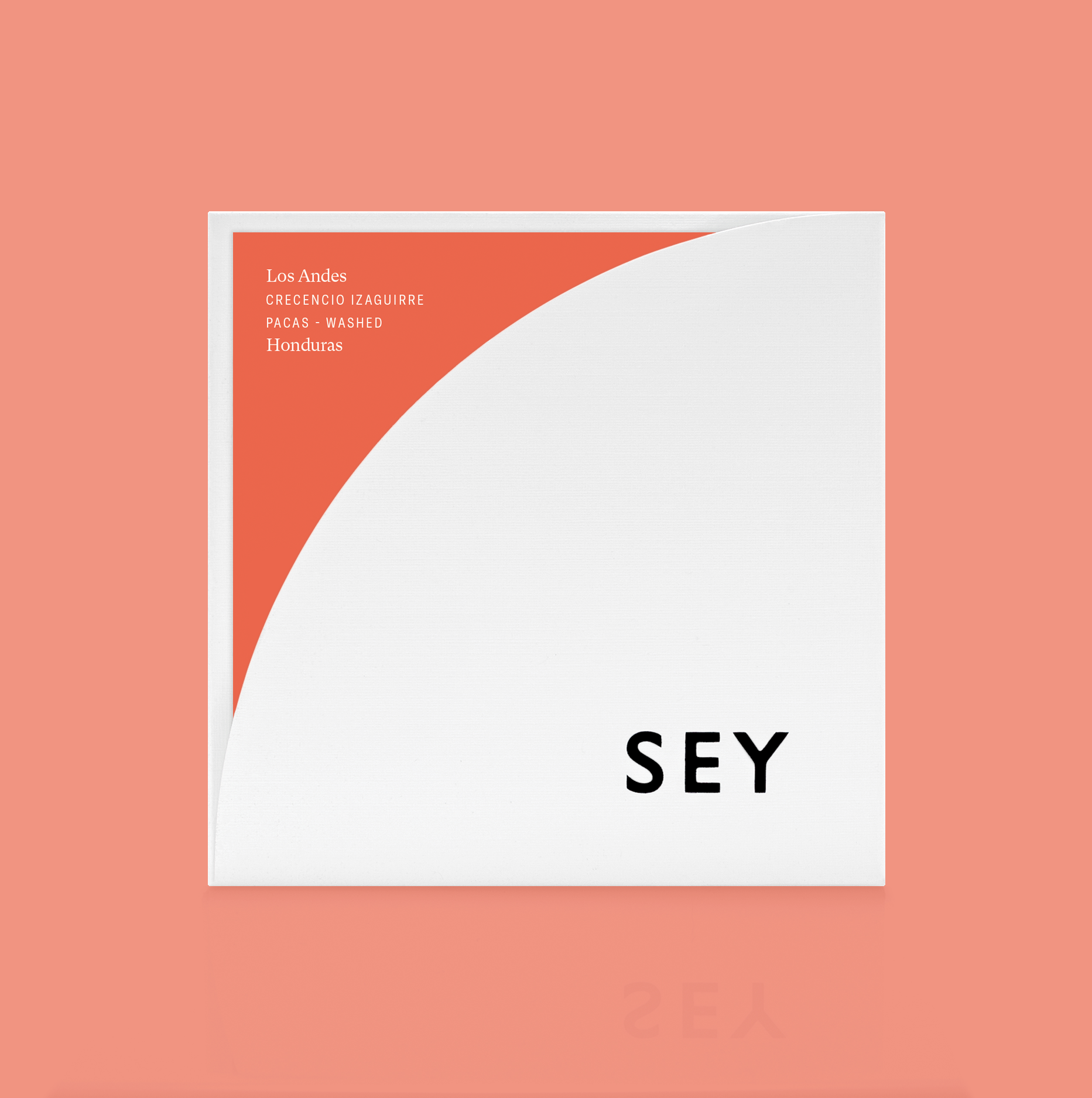
This is our second year working with this 100% Pacas lot from Crecencio Izaguirre. In the cup, we find oolong, candied ginger, and mango.
Pacas
Santa Bárbara
1,630 masl
June, 2020
Hand picked at peak ripeness. Floated to further remove defects. Depulped. Dry fermented for 24 hours. Washed. Dried on raised beds for 16 days.
ABOUT CRECENCIO IZAGUIR
Crecencio Izaguirre is a second-generation coffee producer from the region of Santa Bárbara. We've purchased his coffee three years in a row and his coffee continues to impress. Crecencio has 4.5 hectares (11.1 acres) of land, 2.5 of which are planted with coffee. This is a 100% Pacas separation. He is also growing a very small amount of Bourbon, however, the yields of that variety are not yet large enough to export. He is also constructing a new wet mill for himself, his two brothers, and mother—all of whom are coffee producers. Crecencio’s farm has excellent clay loamy soil with good depth and drainage, and a relatively cold microclimate.
ABOUT PACAS
Pacas is a natural mutation of Bourbon from the Bourbon/Typica group mainly found in El Salvador and Honduras. Similar to other Bourbon mutants, Pacas has a single-gene mutation that causes the plant to grow smaller (dwarfism). Unlike the hybrid varieties, Pacas is very susceptible to disease, making it riskier to grow.
Pricing Details
Farm Gate (Local)
204.07 LEMPIRA/KG
Farm Gate (USD)
$8.03/KG
FOB
$9.35/KG
FOT
$12.00/KG
The cost of getting a coffee from cherry to beverage varies enormously depending on its place of origin and the location of its consumption. The inclusion of price transparency is a starting point to inform broader conversation around the true costs of production and the sustainability of specialty coffee as a whole.